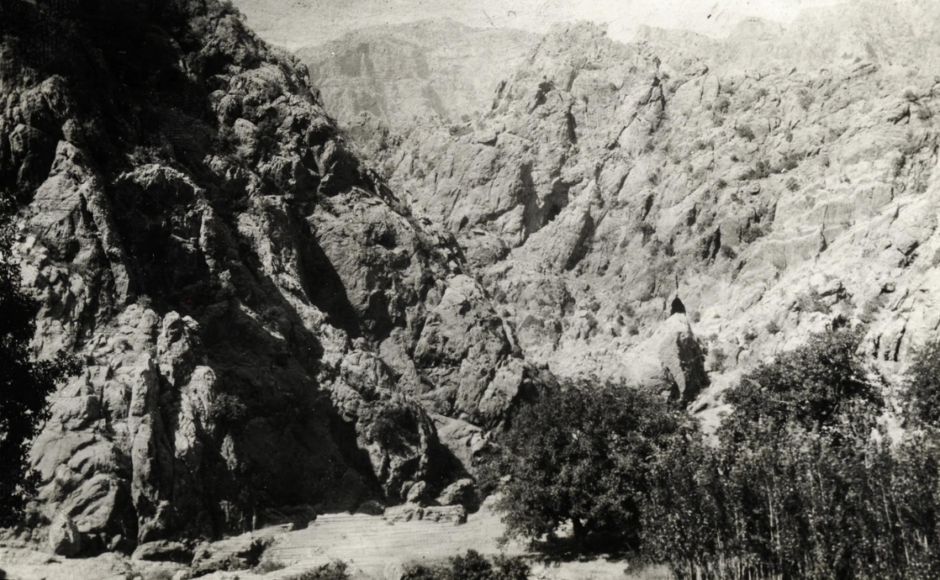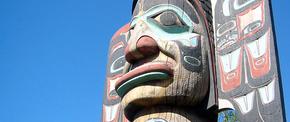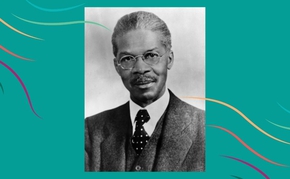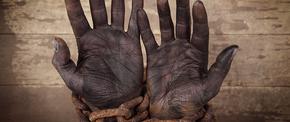The views expressed in our content reflect individual perspectives and do not represent the authoritative views of the Baha'i Faith.
When he left Baghdad in 1854, Baha’u’llah went to live alone in the wilderness, at times in a cave or in a crude rock shelter, as a wandering seeker, a poor dervish with no possessions and no permanent home.
Despite the physical deprivation, despite his loneliness and solitary existence, and despite his deep grief over the harsh persecution and subsequent decline of the Babi community, Baha’u’llah’s soul spent blissful days in communion with God in that remote wilderness. The remoteness and aloneness of his sojourn in the mountains allowed Baha’u’llah’s spirit to be filled with the completeness of the love of the Creator.
RELATED: From Prison to Poverty and Exile: Baha’u’llah’s Journey
Baha’u’llah’s solitude in the inhospitable mountains of Kurdistan recalls the wanderings of Moses on Mount Sinai, or the communion Jesus sought with his Heavenly Father on the Mount of Olives, or Muhammad’s sojourn in the desert, or Buddha’s Great Renunciation to live the life of an ascetic. In the scriptures and stories of each religion we learn that every prophet, all the founders of the world’s great Faiths, spent a similar time alone, without human companionship, meditating on the message of God and the massive task it imposed on His messengers.
Many months into his retreat in the wilderness, Baha’u’llah one day came across a young boy sitting by the side of a road, crying. He stopped to ask the boy what had made him cry. The child’s teacher had instructed each student to copy a certain passage. The child had lost the paper he was supposed to copy and now feared his teacher’s punishment. Baha’u’llah sat down and wrote a few verses for the boy, and he happily ran to school. The child’s teacher, astonished at the calligraphy the boy showed him, could hardly believe that this work of art came from the solitary hermit they knew as Darvish Muhammad. That fragment of Baha’u’llah’s writing made its way to the head of the local community of Sufi mystics. Intrigued by the beautiful calligraphy, the Sufi Shaykh sought out and then began a friendship with Baha’u’llah. Soon Baha’u’llah became a loved and respected figure among the Sufis of Kurdistan.
Over time, the stories of Darvish Muhammad spread from Sulaymaniyyih to Baghdad, and gradually the family of Baha’u’llah realized that Darvish Muhammad must be Baha’u’llah. They sent a messenger to find him and ask him to return. In that way, Baha’u’llah’s two years of seclusion came to an end in March of 1856, when he returned to Baghdad. He did not wish to return, but Baha’u’llah felt a strong calling from God to revive the community that had lost both its integrity and its direction. In his Book of Certitude, Baha’u’llah wrote:
The mesh of divine destiny exceedeth the vastest of mortal conceptions, and the dart of His decree transcendeth the boldest of human designs. None can escape the snares He setteth, and no soul can find release except through submission to His will.

Baha’u’llah’s return echoed the return of Moses from his self-imposed exile on Mount Sinai, commanded by God to go back to his people because they had returned to their pagan roots to worship a golden calf. Jesus retreated to the Mount of Olives to grieve over the death of John the Baptist, but he was impelled to come down from the mountain by the pressing needs of the people for his teaching and his healing.
Baha’u’llah’s daughter Bahiyyih recalled the family’s loneliness during his absence. Her brother Abdu’l-Baha, during this time, would often go off by himself and the family would find him weeping. At other times, he kept himself busy transcribing the writings of the Bab. When Baha’u’llah returned they hardly recognized him, so much had his physical appearance changed during two years in the wilderness. In a heart-rending reunion, Abdu’l-Baha fell at Baha’u’llah’s feet as father and son wept together.
After his return, when Baha’u’llah sought out the Babis in Baghdad, according to the historian Hasan Balyuzi, he: “… found no more than a handful of souls, faint and dispirited, nay utterly lost and dead. The Cause of God had ceased to be on any one’s lips, nor was any heart receptive to its message.”
RELATED: Exile: A Prophet, Banished from His Country
But gradually, Baha’u’llah’s return to Baghdad began to revivify the Babi community, and many Sufis came from Kurdistan to visit Baha’u’llah, as well. Although prejudice of class, nationality, and religion ran strong in that society, at his home in Baghdad Baha’u’llah had guests every day from all ranks and classes of Jewish, Christian, and Muslim backgrounds. Many adversaries found themselves won over as much by Baha’u’llah’s kindness as by the clarity of his teachings, insights, and arguments. One prince of Persia who visited with Baha’u’llah said, “I know not how to explain it, were all the sorrows of the world to be crowded into my heart they would, I feel, all vanish, when in the presence of Baha’u’llah. It is as if I had entered Paradise itself.”
In that place, Baghdad, Baha’u’llah’s spiritual presence reawakened and reinvigorated the Babis, who turned to him for inspiration, wisdom, and leadership.

















Comments
Sign in or create an account
Continue with Facebookor